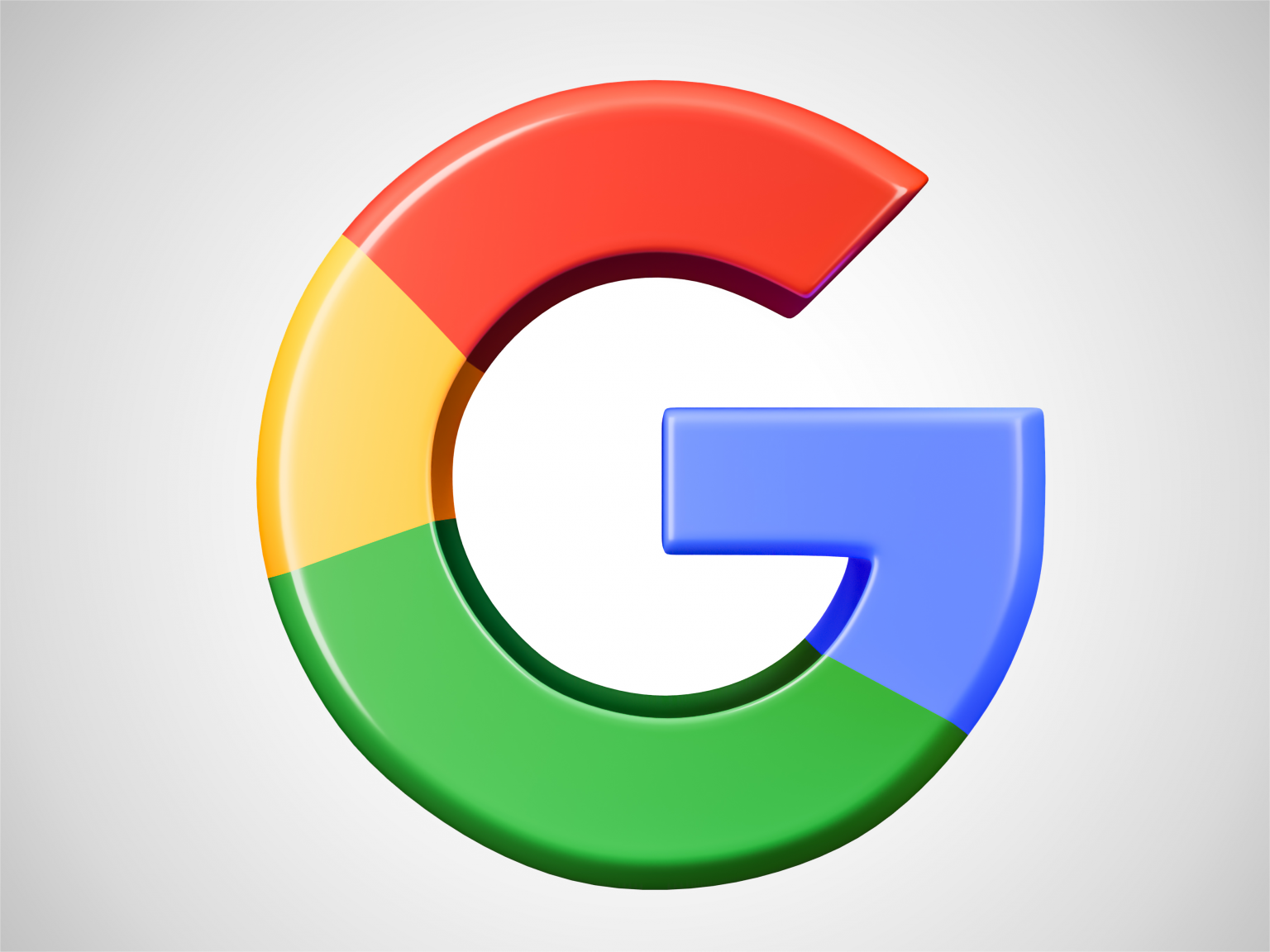- Alphabet’s Google and augmented reality startup Magic Leap are striking a strategic technology partnership and working on building immersive experiences that mix the physical and digital worlds.
- The cooperation sends a signal that Google may be planning to vie for the market for augmented and virtual reality (AR/VR) technologies.
- Google presented its AI agent called Project Astra, whose functionality is similar to what Meta, is planning for its Ray-Ban Meta Smart Glasses, at its conference.
Google has struck a partnership deal with Magic Leap, a reality startup in AR, to combine the advantages of the two companies.
Cooperation between Google and Magic Leap: signals and significance
Magic Leap said in a blog post on Thursday that the two companies have agreed to a partnership. Later, a Google spokesperson confirmed the agreement. The announcement contributes to signals that the tech giant may be planning to resume its competition in AR and VR, an area where it has mostly yielded to its rivals Meta and Apple.
The cooperation combines the expertise of Magic Leap, a new star in AR, but struggled to find a consumer niche and more recently started exploring arrangements to license its technology, in optics and device manufacturing with Google’s technology platforms, enhancing their role in this area. “We’ve shipped a couple of different versions of augmented reality devices so far, so we’re out there delivering things, and Google has a long history of platforms thinking,” Magic Leap’s Chief Technology Officer Julie Larson-Green said.
Also read: Prisoners use VR to prepare for life outside jail
Also read: What is the difference between AR and VR technology?
Latest AR products
Google demonstrated an AI agent called Project Astra by having an individual wear a prototype of glasses and ask what the person was seeing at its annual developer conference earlier this month. Astra’s functionality resembles that of what Meta is planning for its Ray-Ban Meta Smart Glasses, which is capable of identifying objects seen by the wearer in audio form thanks to a software update.

